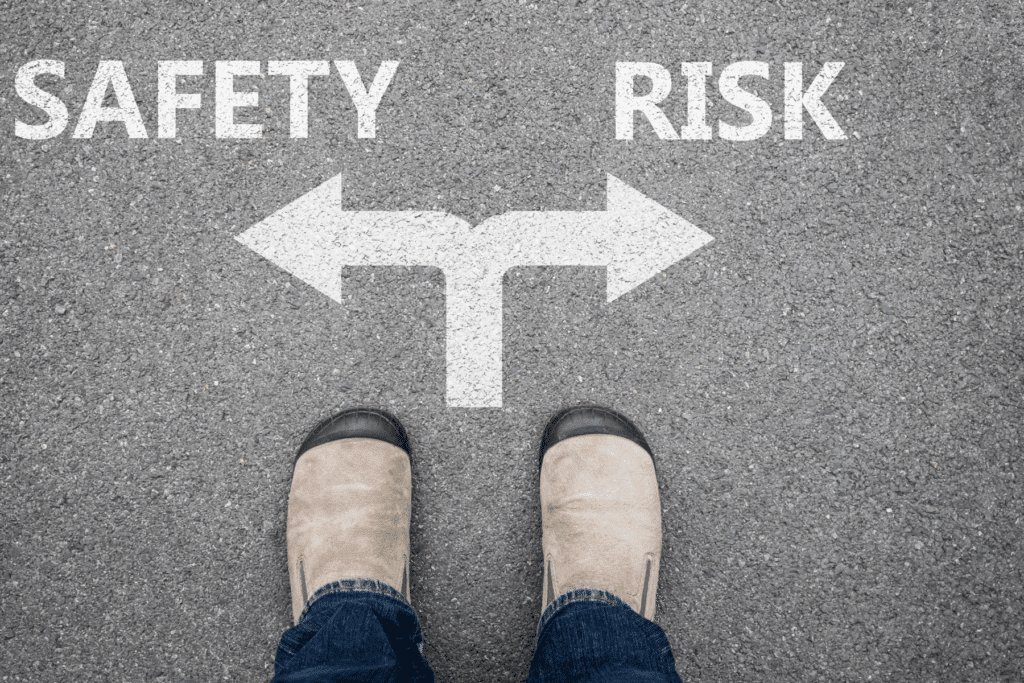Here is What You Should Know
If you’ve been injured in an accident—whether it’s a slip and fall, a sports injury, or another type of personal injury—you may have heard the term “assumption of risk.” This legal doctrine can have a major impact on your ability to recover damages in a personal injury lawsuit, especially in Arizona where pure comparative negligence applies.
So, what does assumption of risk mean? And how might it affect your case?
Defining Assumption of Risk
Assumption of risk is a legal defense used by defendants (often insurance companies) in personal injury cases. It argues that the injured person voluntarily engaged in an activity they knew was dangerous and, therefore, accepted the risk of getting hurt.
In other words, if you knew something was risky and chose to do it anyway, you might not be able to hold someone else responsible if you get injured.
Two Types of Assumption of Risk
There are generally two forms of assumption of risk: express and implied.
- Express Assumption of Risk
This occurs when a person explicitly agrees—often in writing—to accept certain risks. A common example is signing a waiver before participating in a recreational activity like rock climbing, skydiving, or even a gym class. By signing, you acknowledge that you understand the dangers involved and won’t hold the provider liable if you’re hurt.
- Implied Assumption of Risk
This form doesn’t require a written agreement. Instead, it’s based on your actions and behavior. For example, if you attend a baseball game and get hit by a foul ball, the defense might argue you assumed the risk simply by being in the stadium. After all, flying balls are an expected part of the game.
Arizona and Comparative Fault
Arizona follows the rule of pure comparative negligence, which means that even if you are partially at fault for your injuries, you can still recover damages—just reduced by your percentage of fault.
So what happens when assumption of risk is brought up in an Arizona court? It might not bar you completely from recovering damages, but it could limit what you’re awarded.
Let’s say you were injured at a trampoline park and had signed a waiver (express assumption of risk). If the court finds that the waiver was valid and that you knowingly accepted the risks, you may receive no compensation.
However, if the waiver was vague or the injury resulted from negligence beyond the ordinary risk—such as unsafe equipment or lack of supervision—you may still have a valid claim.
Why You Still Need a Personal Injury Lawyer
Assumption of risk is a complex and nuanced defense. Just because you signed a waiver or engaged in a risky activity doesn’t mean you automatically lose your right to compensation.
A personal injury attorney at Rideout Law Group can evaluate:
- Whether the risk was known and obvious
- Whether the waiver you signed was enforceable
- Whether gross negligence was involved, which often overrides assumed risk
Insurance companies often use assumption of risk to undermine your claim, hoping you’ll accept a low settlement—or none at all. Don’t fall for it.
Talk to a Legal Team That Knows Arizona Law
If you’ve been injured and the other side is claiming assumption of risk, don’t navigate it alone. Rideout Law Group offers free consultations and aggressive representation to help you get the compensation you deserve.
Call Rideout Law Group today at (833) 854-8181 or contact us online for a free consultation.

